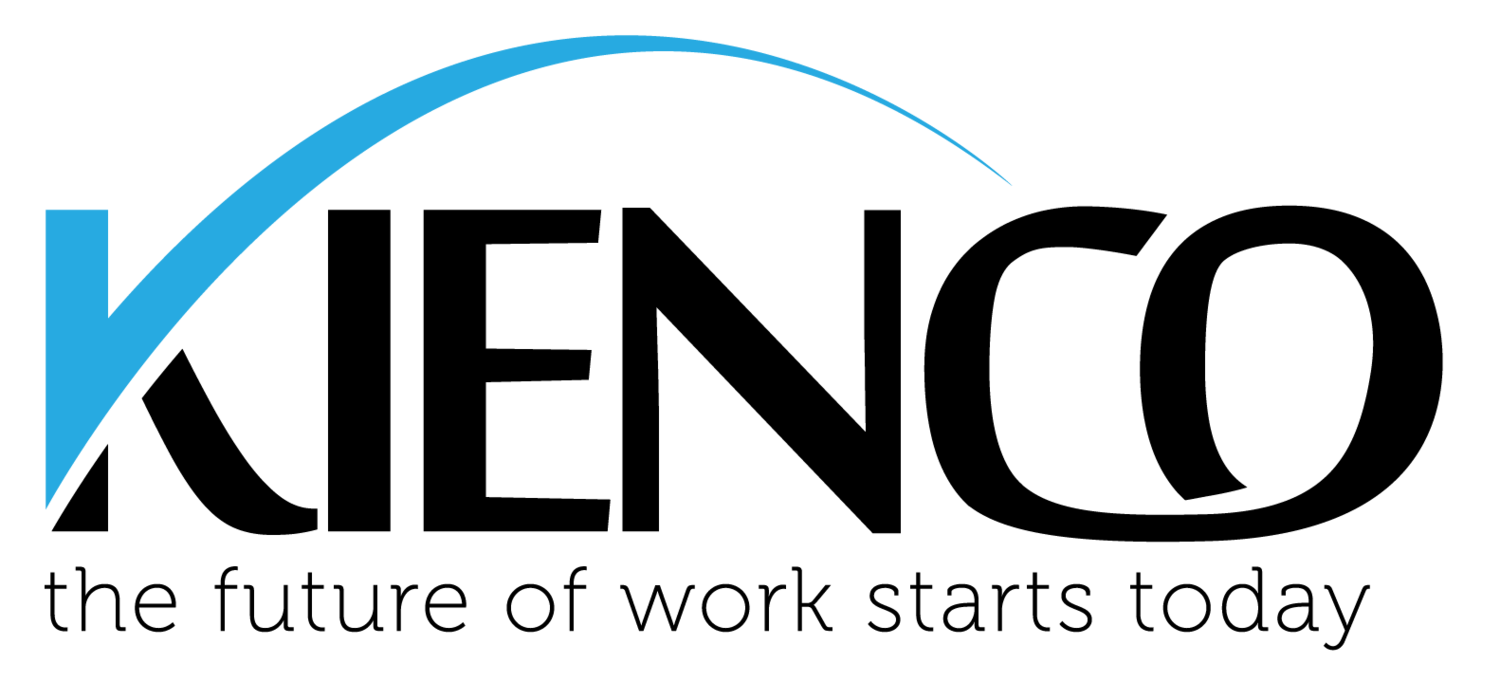Source: http://en.wikipedia.org/wiki/File:Thefacebook.png
Today, Facebook celebrates its' 10th Birthday, and Mark Zuckerberg's post talks about connectedness and how the world has changed in the past decade. He also refers to how social media will change over the next 10 years to become as much about solving problems as about sharing moments, particularly in light of new technologies which will have us generating and sharing more data.
In 2004, but for some context, the state of the art mobile phone that year was the Motorola Razr 3, which boasted a VGA Camera, a 2.2 inch colour screen, and 5.5mb of memory (around 1/3000th of the memory of a current-day 16GB phone).
Social media has changed in that time, but it's changed the world too. LinkedIn is a little older (its' 11th Birthday is in May), and Twitter's not quite 8 years old yet. Google is a relatively ancient 15 years old.
I remember my first overseas trip in 2000, trying to make a phonecall back home from an internet cafe in Tel Aviv. 3 years before Skype was started, internet telephony was good enough that my family in Melbourne knew that it was me calling, but not good enough that they had any idea what I was saying.
Can you imagine life without LinkedIn, Twitter, Facebook, Google, and Skype? The world certainly would be a less connected place. More than one billion people are on Facebook, and more connected to one another's lives than they would be without it. Sometimes that's a good thing, and sometimes it's not - but whatever your position, it's undoubtedly a powerful thing.
It's hard to predict what technologies will affect our daily lives 10 years from now. Perhaps Facebook won't be around anymore, and it certainly won't be around in its' current form. But we can be certain that the world will be more connected, and more online, than it is today.
This provides us with enormous opportunity from a work perspective. Chris Anderson in Makers talks about the power of this connectedness to change the way we source and develop a workforce, and indeed form companies. This passage was a huge eye-opener for me:
"Jordi is CEO of 3D Robotics Inc., a multimillion-dollar company with a state-of-the-art factory in San Diego. As I write this, he is twenty-four years old. How did this transformation happen? Three steps:
1. A smart kid who didn't happen to be born in the United States, didn't speak great English, and didn't do terribly well in school did have access to the Internet. Because he was curious and driven, he used the greatest information resource in history to make himself one of the world's leading aerial robotics experts. He was just following his passions, but in the process he got what amounts to a 'Google Ph.D.'.
2. When I decided, against all odds, to start a company to do aerial robotics, I did it with the smartest guy on the subject I knew. I didn't ask for a resume. It wasn't necessary. That guy had already proven himself by making extraordinary things.
3. With a lot of support from the community, some fearlessness, and once again the power of Google research, Jordi learned the fundamentals of electronics manufacturing and manufacturing operations. He hired a smart team of mostly other twentysomethings, a mix of Americans and bicultural Mexican engineers from Tijuana. They did the same thing, quickly learning everything they needed to know online, both in research and by asking people. Eighteen months later, they were running a world-class robotics factory.
Twenty years ago, what would have been the chances that when the editor of Wired magazine decided to start an aerial robotics company, he would end up partnering with a nineteen-year-old high school graduate from Tijuana? Yet today it seemed like the most natural thing. Why wouldn't you start a company with people with whom you were already working well, who had already proven their mettle? It seems so much riskier to take a flier on someone you don't know, just because that person has a degree from a good school".
In Zuckerberg's post today, there's an interesting parallel:
"When I reflect on the last 10 years, one question I ask myself is: why were we the ones to build this? We were just students. We had way fewer resources than big companies. If they had focused on this problem, they could have done it. The only answer I can think of is: we just cared more."
In both cases, it's passion - not the right degree or the right contacts that has led to success. The lesson for HR? If you're still screening your workforce on the basis of the "right" degrees and the "right" background, without considering agility, aptitude, passion and achievements, you're in the old guard. And some 19-year-old, somewhere in the world, is going to disrupt your business model.
Happy Birthday Facebook, and thanks.



